Optimal Timing for Fire Restorations
Fire restorations are most effectively performed during dry, stable weather conditions. Post-fire assessment and cleanup should ideally occur when environmental factors minimize additional damage, such as water intrusion or mold growth. Typically, this means scheduling restorations after the fire has been fully extinguished and the affected area has cooled down, avoiding periods of high humidity or rain.
Restorations are best after fire suppression when weather is dry and calm, reducing risks of further damage.
Late spring through early fall often provides optimal conditions for fire damage repairs in Cincinnati.
Immediate assessment should follow fire suppression, but full restoration is best scheduled once environmental conditions are stable.
Restoring during high humidity or rainy periods can complicate cleanup and drying processes.
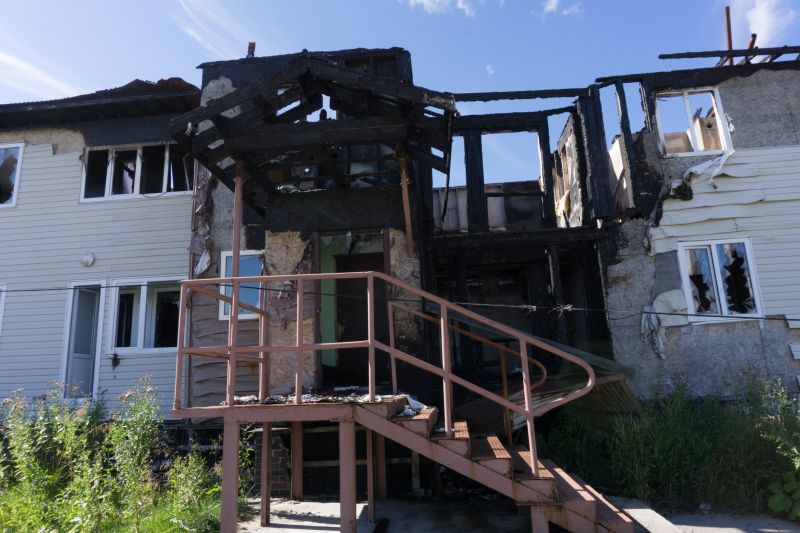
Initial evaluation of fire-affected structures and materials.
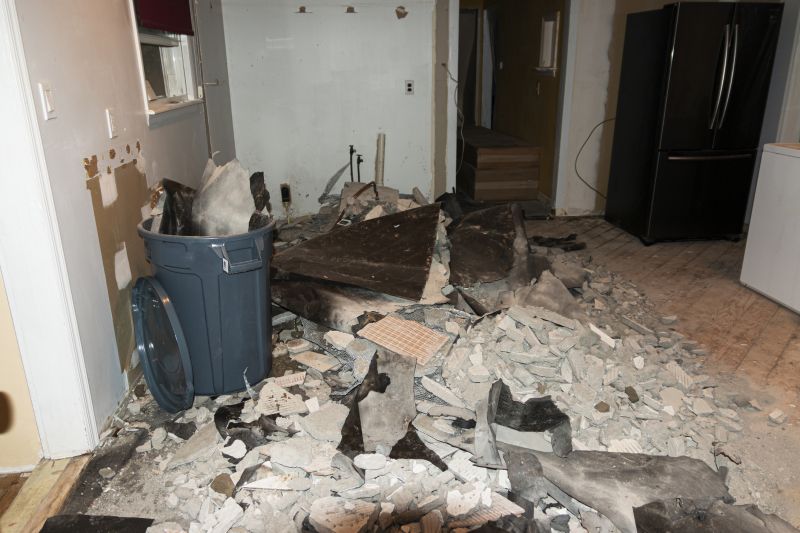
Removing soot, ash, and damaged materials after fire suppression.
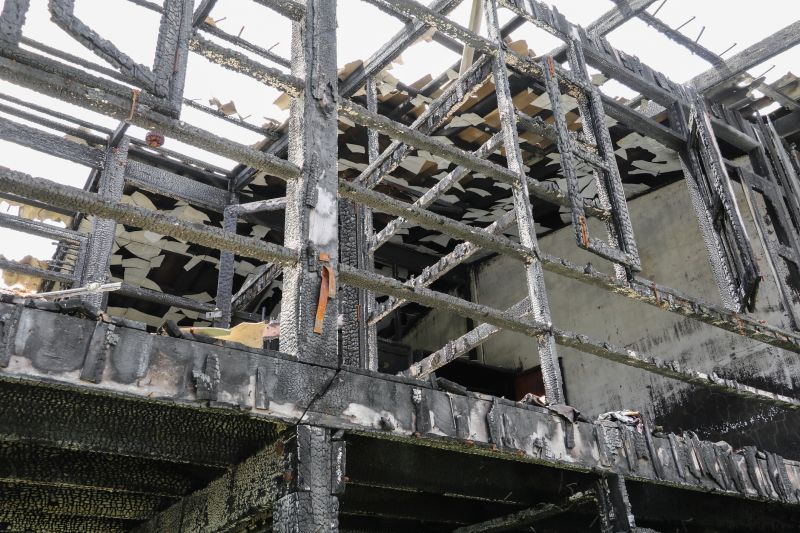
Securing damaged structures before restoration work begins.
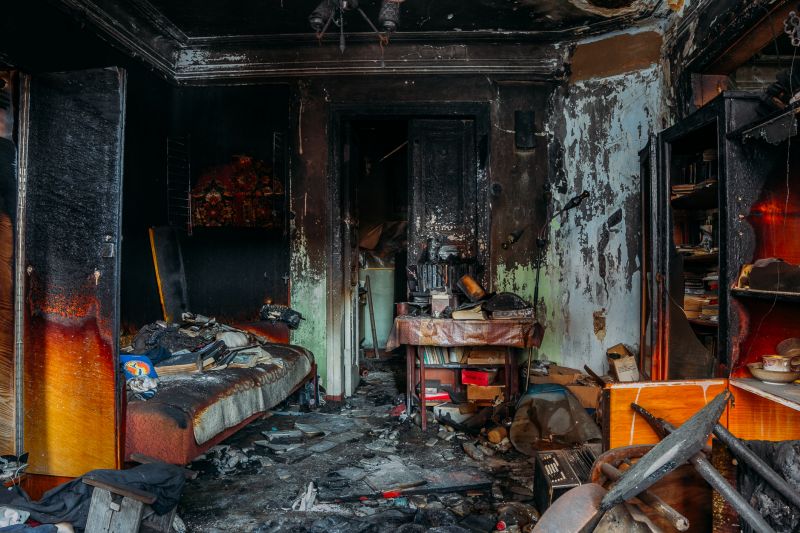
Ways to make Fire Restorations work in tight or awkward layouts.
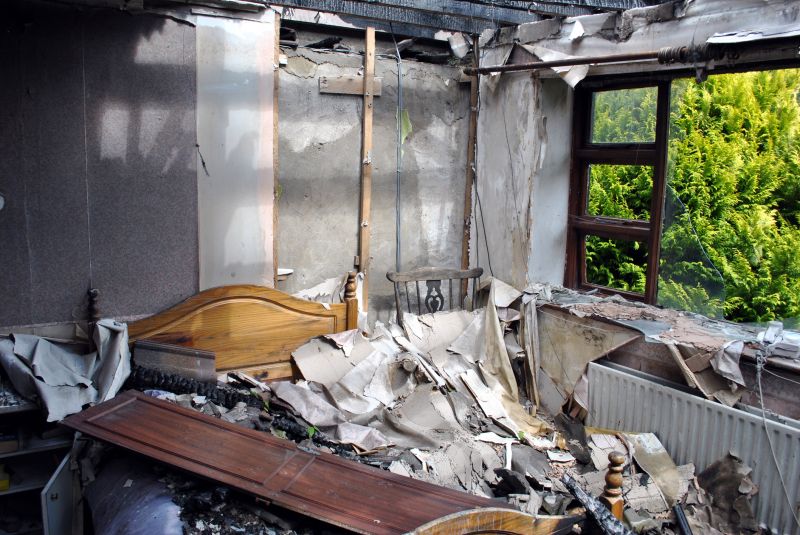
Popular materials for Fire Restorations and why they hold up over time.
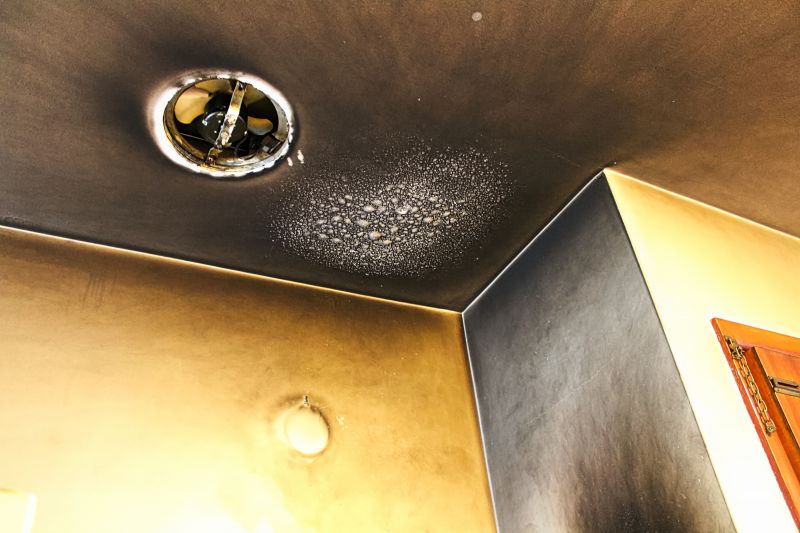
Simple add-ons that improve Fire Restorations without blowing the budget.
| Season | Best Restoration Conditions |
|---|---|
| Spring | Ideal for dry weather and moderate temperatures. |
| Summer | Suitable when fire risk is lower and weather is warm and dry. |
| Fall | Optimal due to cooler temperatures and low humidity. |
| Winter | Less ideal due to potential snow and cold, but possible with proper planning. |
| Late Spring to Early Fall | Generally the most favorable period for fire restorations. |
Fire restorations involve a comprehensive process of assessment, debris removal, structural repair, and cleaning. The goal is to restore affected properties to their pre-fire condition while ensuring safety and durability. Effective restoration requires careful planning around environmental conditions, as humidity, temperature, and weather stability significantly influence the drying and repair processes.
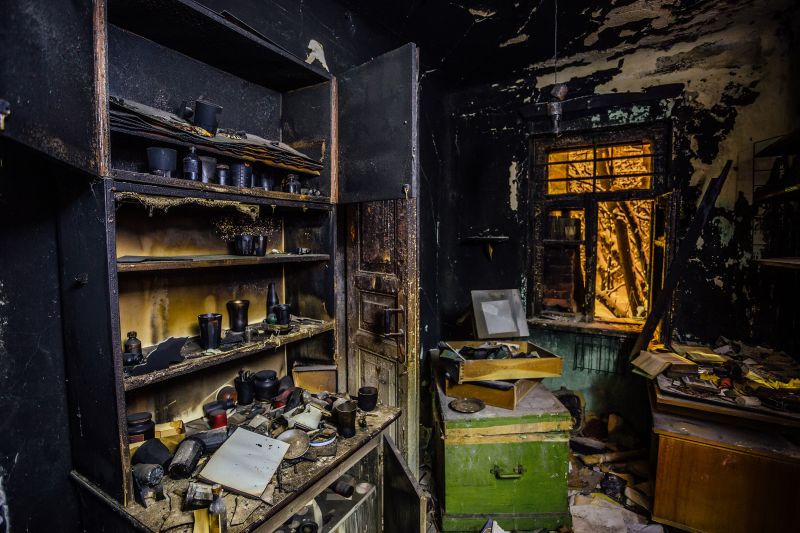
Removing soot and debris from affected areas.
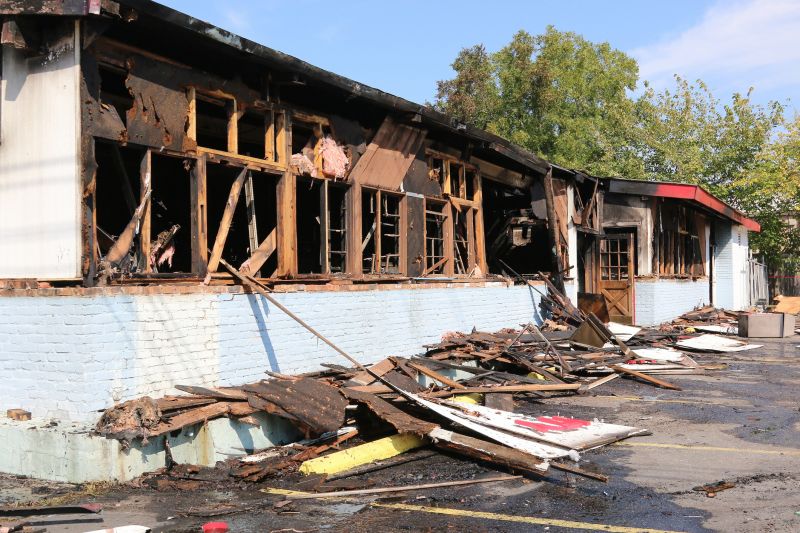
Restoring structural integrity after fire damage.
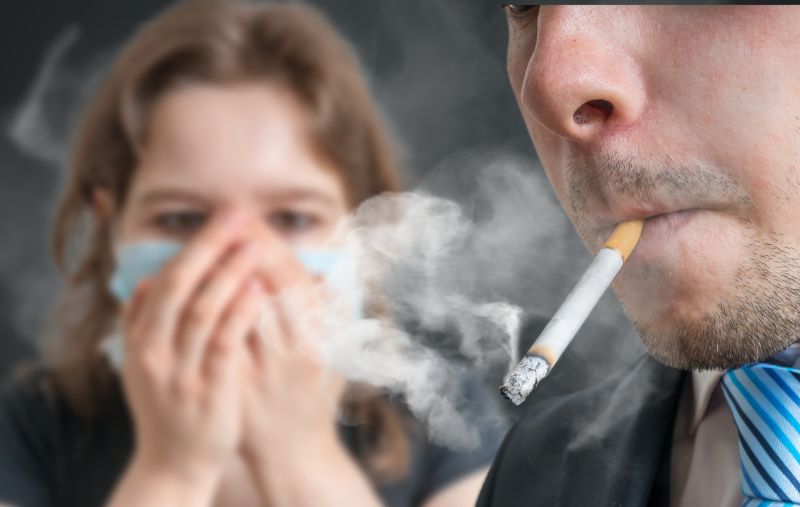
Eliminating odors caused by smoke and soot.
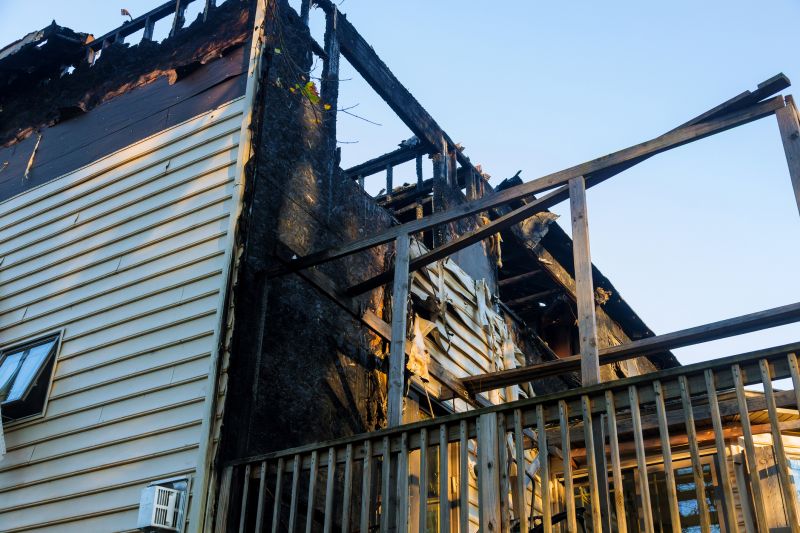
Ensuring all restoration work meets safety and quality standards.
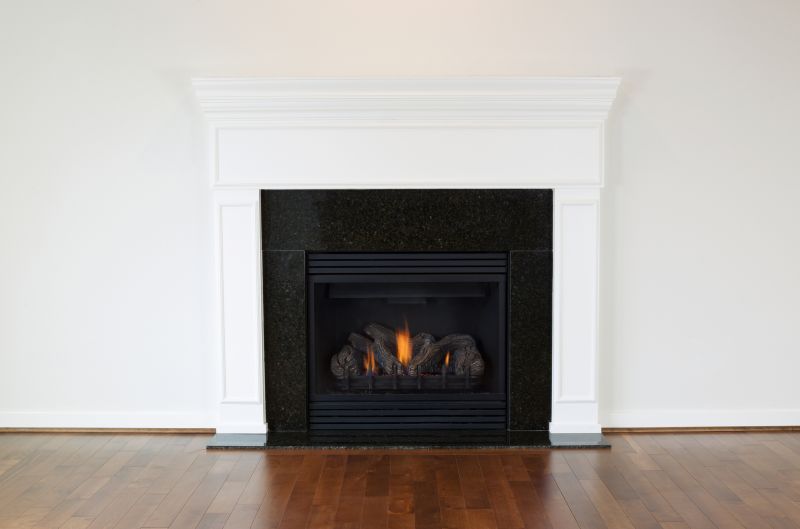
High-end options that actually feel worth it for Fire Restorations.

Finishes and colors that play nicely with Fire Restorations.
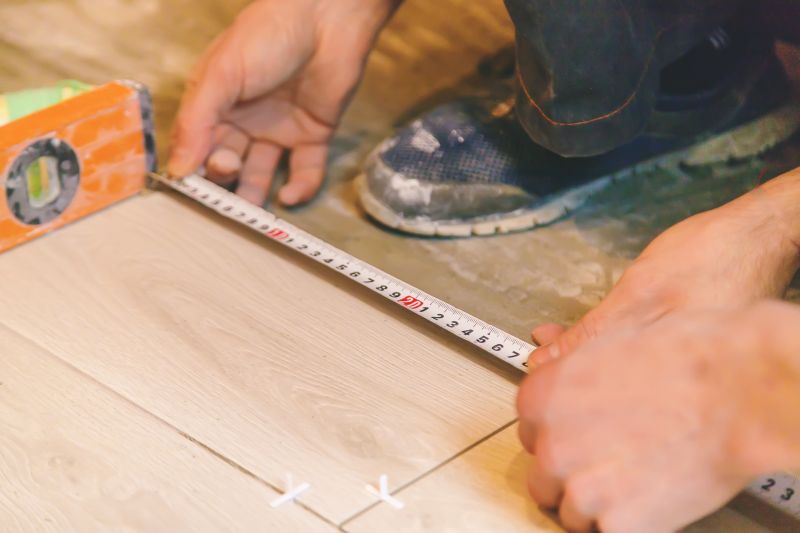
Little measurements that prevent headaches on Fire Restorations day.

A 60-second routine that keeps Fire Restorations looking new.
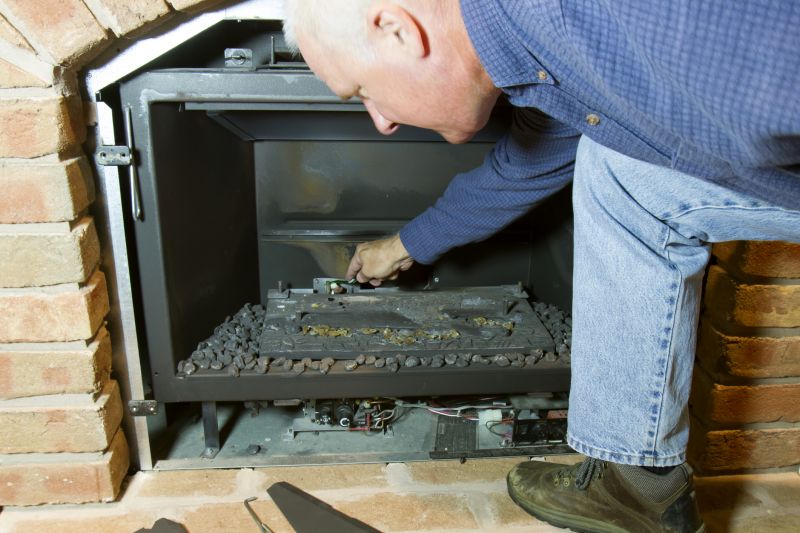
A frequent mistake in Fire Restorations and how to dodge it.
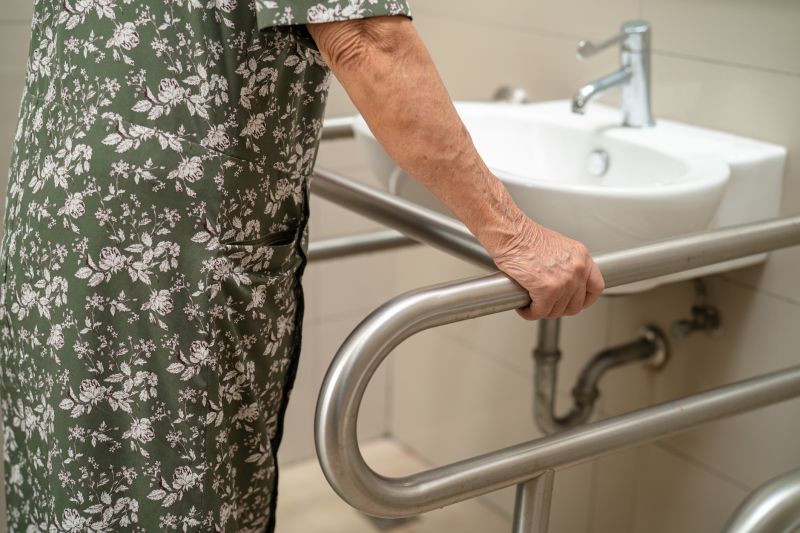
Small tweaks to make Fire Restorations safer and easier to use.
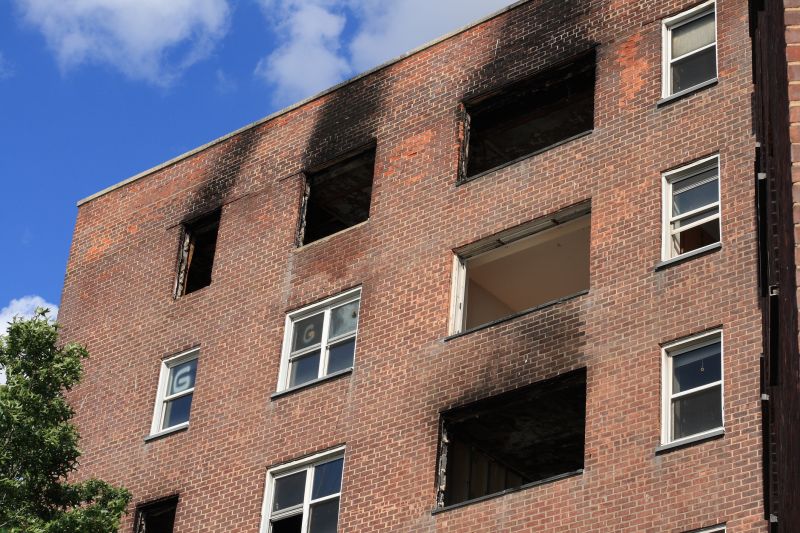
Lower-waste or water-saving choices for Fire Restorations.

The short, realistic tool list for quality Fire Restorations.
Timely fire restorations are crucial to prevent secondary damage such as mold growth, structural deterioration, and persistent odors. Properly scheduled work, aligned with favorable weather conditions, can significantly improve the effectiveness and efficiency of the restoration process.
